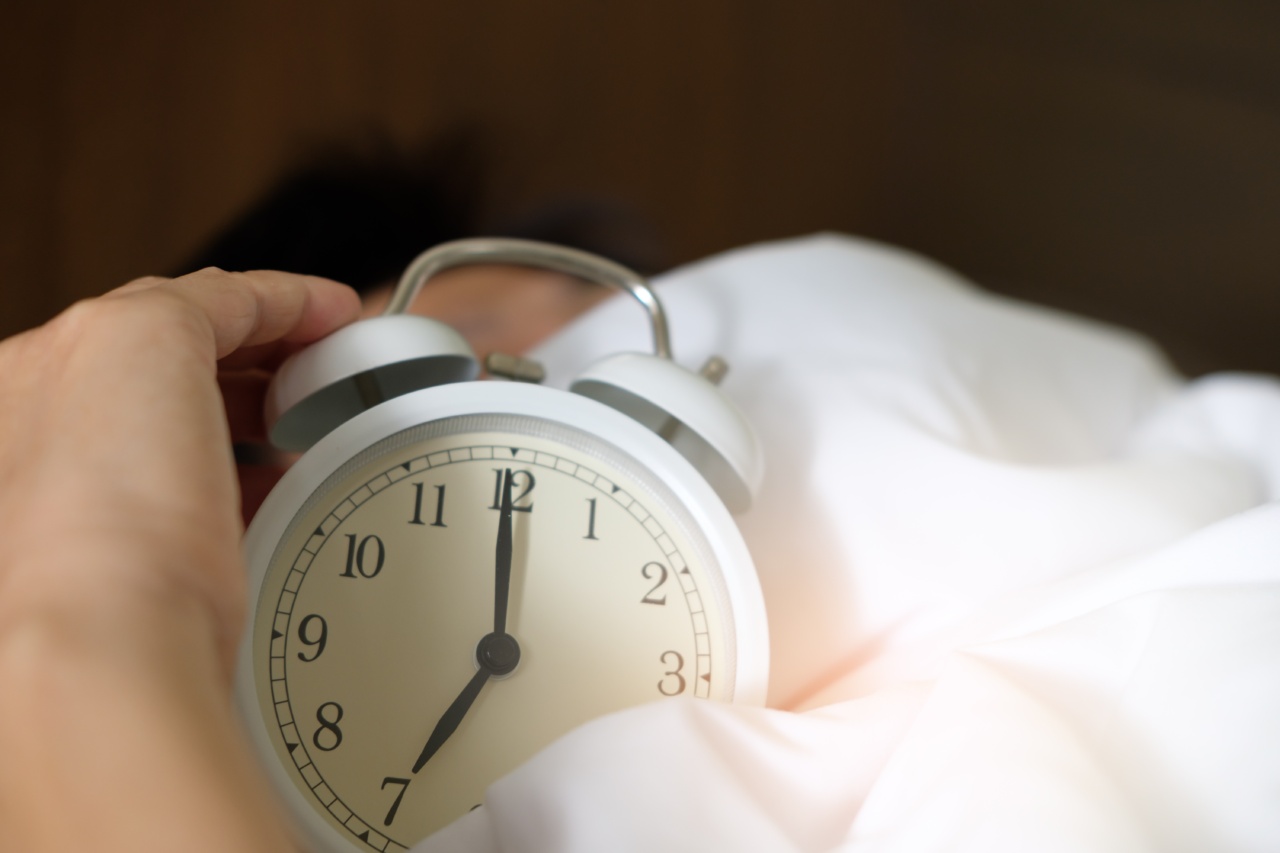Do you often find yourself waking up feeling tired and groggy despite getting a full night’s sleep? If so, you’re not alone.
Many people struggle with morning fatigue, which can negatively impact their mood, productivity, and overall quality of life. While there can be several factors contributing to morning tiredness, here are the top seven reasons why you may be waking up exhausted:.
1. Poor Sleep Quality
One of the most common reasons for waking up tired is poor sleep quality. Even if you manage to get the recommended seven to nine hours of sleep per night, the quality of your sleep matters.
Factors such as an uncomfortable mattress, noisy environment, excessive light, or temperature fluctuations can disrupt your sleep cycles and leave you feeling fatigued in the morning. Investing in a comfortable mattress, keeping your bedroom dark and quiet, and maintaining a cool temperature can significantly improve your sleep quality.
2. Sleep Disorders
Another reason for morning tiredness is undiagnosed sleep disorders. Conditions such as sleep apnea, restless leg syndrome, or insomnia can prevent you from getting restful sleep, causing you to wake up feeling exhausted.
If you suspect you have a sleep disorder, it’s important to consult a healthcare professional for proper diagnosis and treatment.
3. Lack of Physical Activity
Your level of physical activity during the day can affect your sleep quality and subsequent morning energy levels. Regular exercise not only helps you fall asleep faster but also improves the overall quality of your sleep.
Lack of physical activity can lead to increased feelings of fatigue and make it harder to shake off morning tiredness. Incorporating exercise into your daily routine, even if it’s just a brisk walk, can significantly boost your energy levels.
4. Poor Diet
The food you eat plays a vital role in your overall energy levels, not just during the day but also upon waking up.
Consuming a diet high in sugar and processed foods can cause blood sugar fluctuations, leaving you feeling tired and sluggish in the morning. It’s important to focus on a balanced diet that includes fruits, vegetables, whole grains, and lean proteins. Additionally, a nutritious breakfast can provide you with the energy needed to kick-start your day and combat morning fatigue.
5. Stress and Anxiety
Chronic stress and anxiety can wreak havoc on your sleep patterns and lead to morning tiredness. When your mind is racing with worries and your body remains tense, it becomes difficult to fall asleep and stay asleep through the night.
Practicing stress management techniques such as meditation, deep breathing exercises, and adopting a relaxing bedtime routine can help you unwind and promote better sleep.
6. Lack of Routine
Inconsistent sleep schedules can disrupt your body’s internal clock, leading to morning tiredness. If you go to bed and wake up at different times each day, your body won’t have a chance to establish a regular sleep-wake cycle.
Aim to go to bed and wake up at the same time every day, even on weekends, to promote a healthy sleep routine and minimize morning fatigue.
7. Underlying Medical Conditions
If you consistently wake up tired despite addressing the above factors, there could be an underlying medical condition causing your fatigue.
Conditions such as anemia, thyroid disorders, or chronic fatigue syndrome can sap your energy levels and leave you feeling perpetually tired. It’s essential to consult a healthcare professional to rule out any underlying medical issues that may contribute to your morning fatigue.
By identifying and addressing these potential reasons for waking up tired, you can take steps towards improving your sleep quality and waking up feeling refreshed and energized every morning.
Remember, a restful night’s sleep is the foundation for a productive and fulfilling day.






























